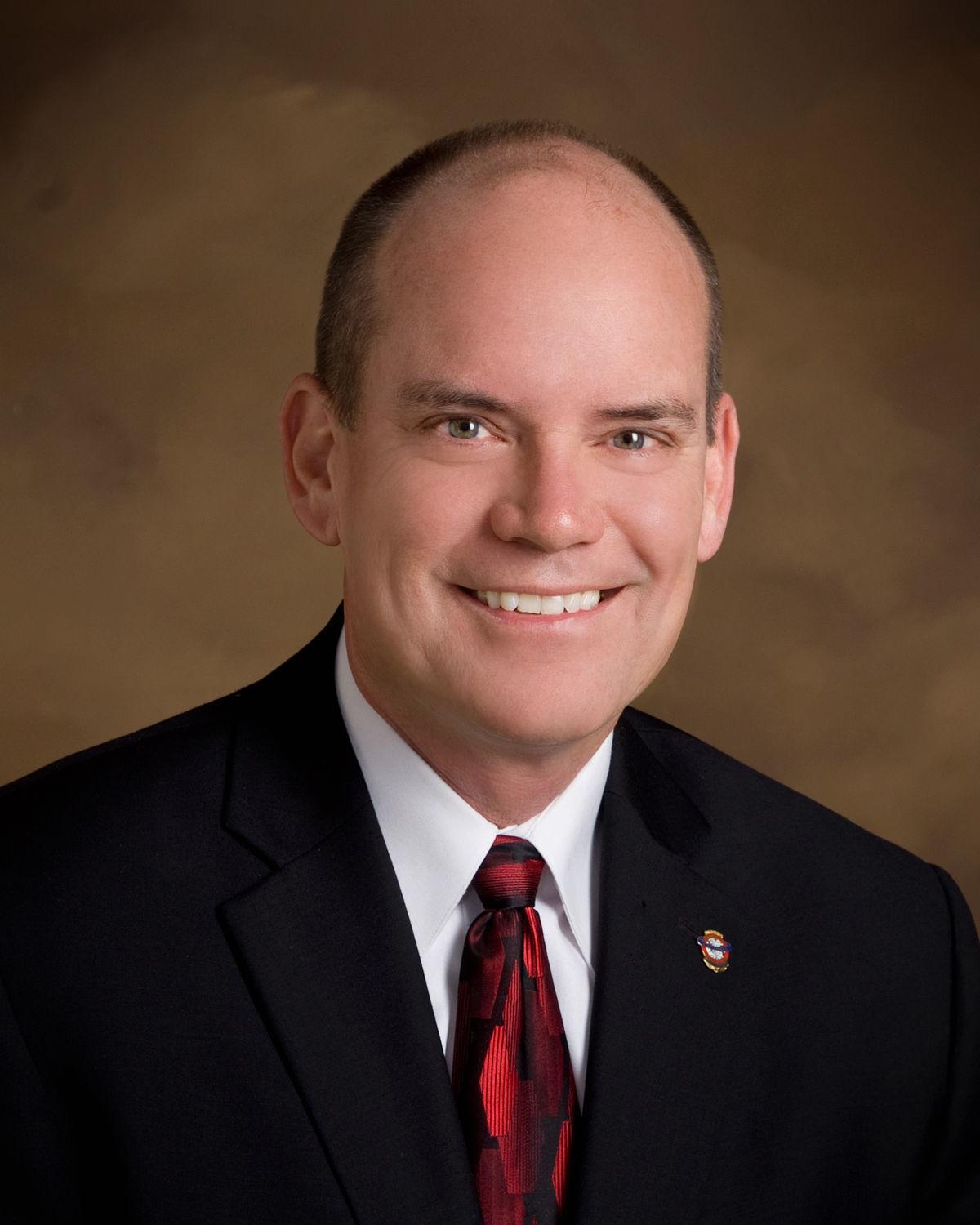From the Chief’s Corner: The Error of One's Ways
Compliance with FCC Rules is MANDATORY

By Chief Alan Perdue (ret.), SBC Executive Director
Posted on February 23, 2024
Non-compliance with all Federal Communications Commission (FCC) rules regulating the utilization of signal boosters can severely compromise the effectiveness of the public safety communication system. Indeed, the importance of adhering to FCC regulations, specifically Rule 47 CFR Part 90.219, which mandates obtaining express written consent from the frequency license holder before operating a public safety signal booster, cannot be overstated.
Alas, failure to comply with current regulations is all too common. How do we rectify this? It is imperative that integrators follow all the rules, all the time and, if mistakes are made, the ones responsible immediately acknowledge their errors and take corrective action.
One critical -- yet often overlooked -- requirement is the obligation to notify the frequency license holder of every Emergency Responder Communications Enhancement Systems (ERCES) installation. This omission is not merely administrative; it directly impacts the integrity and functionality of the public safety communication systems emergency responders depend on 24/7/365.
A scarlet-faced admission from an integrator in the audience at a recent conference exemplifies the problem. “I have put in dozens of ERCES and never spoken with a frequency license holder,” he confessed. Crucially, he added: "What should I do now?"
Each installation and activation without permission from the Frequency License Holder constitutes a violation of federal regulations. Unauthorized use of signal boosters may result in significant forfeiture penalties, including penalties in excess of $100,000 for each continuing violation.
So the answer is - you need to go back to each installation and shut it down until you receive written permission from the FCC License Holder to turn it back on.
FCC 90.219 excerpt:
(i) Non-licensees seeking to operate signal boosters must obtain the express consent of the licensee(s) of the frequencies for which the device or system is intended to amplify. The consent must be maintained in a recordable format that can be presented to an FCC representative or other relevant licensee investigating interference.
The phrase "to err is human" echoes through the ages, reminding us of our fallibility. Yet, it's imperative to acknowledge that some errors carry far-reaching consequences, especially concerning the safety of emergency responders and the public safety communication systems they depend on.
Simply put: Complete compliance is essential for the design, installation, and seamless operation of in-building ERCES in addition to protecting the public safety communications system itself.
Rectifying oversights like those of our penitent integrator is paramount. Competent integrators should embody an ethos of accountability, especially when dealing with life safety systems. The deployment of ERCES demands a collaborative approach, involving not only the Authority Having Jurisdiction (AHJ) but also the frequency license holder, without exception.
So yes: Mistakes occur. However, what distinguishes excellence is the proactive response to rectify these errors. We must acknowledge our missteps, offer sincere apologies, and take immediate corrective action. Integrity and accountability must permeate every facet of our business practices.
The bottom line is clear: Do the Right Thing. And Be Nice About Doing It. Upholding regulatory compliance is not just a legal obligation; it is a moral imperative safeguarding the welfare of our communities and the efficiency of emergency response efforts.
In conclusion, let us recommit to excellence, ensuring that every action aligns with the highest standards of integrity and compliance. #feelsafeinside
RELATED CONTENT - CHECK OUT PREVIOUS MUSINGS FROM THE CHIEF!
Have a comment about this article? Send us your feedback or question...
|